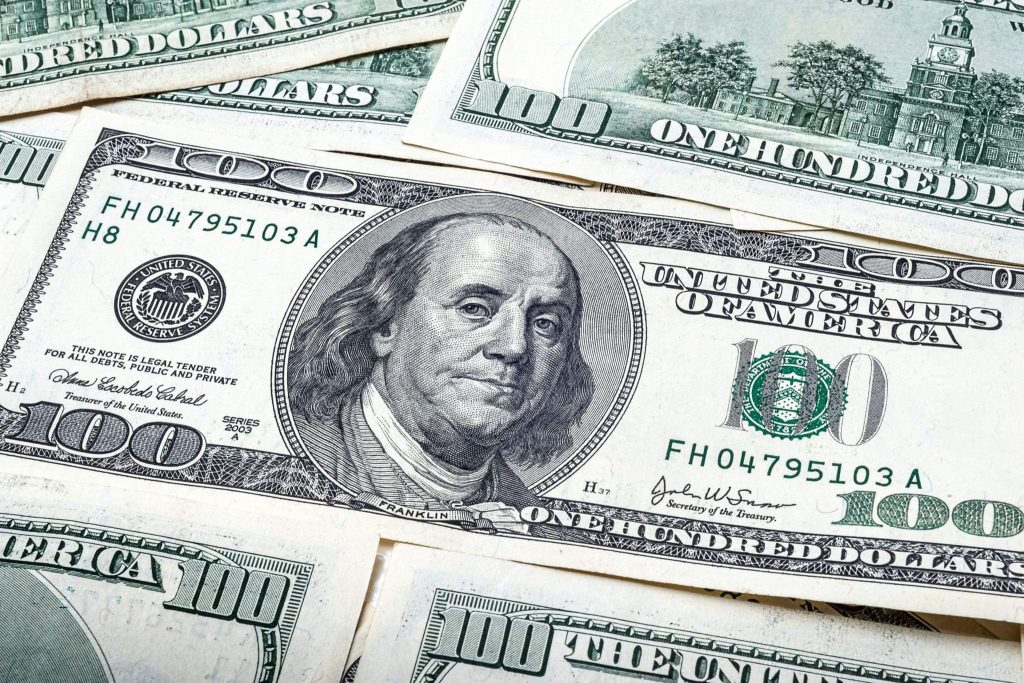
The U.S. dollar slipped against its major peers
The U.S. dollar fell versus its primary counterparts on Friday, heading for its first weekly loss this month as investors examine the Federal Reserve’s policy path and whether rapid rate hikes will spark a recession.
In the Asian morning, the dollar index, which measures the greenback against six rivals, fell 0.07 percent to 104.33. It retreated from a 0.19 percent gain the previous day, driven mainly by a drop in the euro after disappointing European industrial data lowered predictions for European Central Bank tightening.
The dollar has been volatile this week, with markets expecting the Fed to be more cautious after another 75 basis point rate hike in July.
Fed Governor Michelle Bowman stated on Thursday that she favors 50 basis point increases for “the next several” meetings following the July meeting. Meanwhile, on his second day of congressional testimony, Fed Chair Jerome Powell emphasized the central bank’s “unconditional” commitment to lowering inflation, especially in the face of growing threats.
Treasury yields have been tamed by recession fears, undermining a significant underpinning for the currency, with the 10-year note yield falling to a two-week low overnight.
The dollar fell 0.1 percent to 134.795 against the yen, which is very sensitive to movements in U.S. yields. It was down nearly the same amount for the week, and it was about to end a three-week, 6.19 percent winning streak.
The euro rose 0.11 percent to $1.0533 after falling 0.44 percent overnight due to weaker-than-expected German and French PMI data.
In reaction to declining Russian supplies, Germany activated its emergency gas plan’s “alarm stage” on Thursday. The market has begun to reduce pricing for the next two ECB meetings by a reasonable amount. However, the euro is still up 0.44 percent against the dollar for the week.
Sterling rose 0.16 percent to $1.2281, putting it on course for a 0.5 percent weekly gain, ending a three-week losing streak.
The Australian dollar rose 0.13 percent to $0.6904, but it was still on track for a 0.48 percent weekly decrease, its third consecutive loss.


